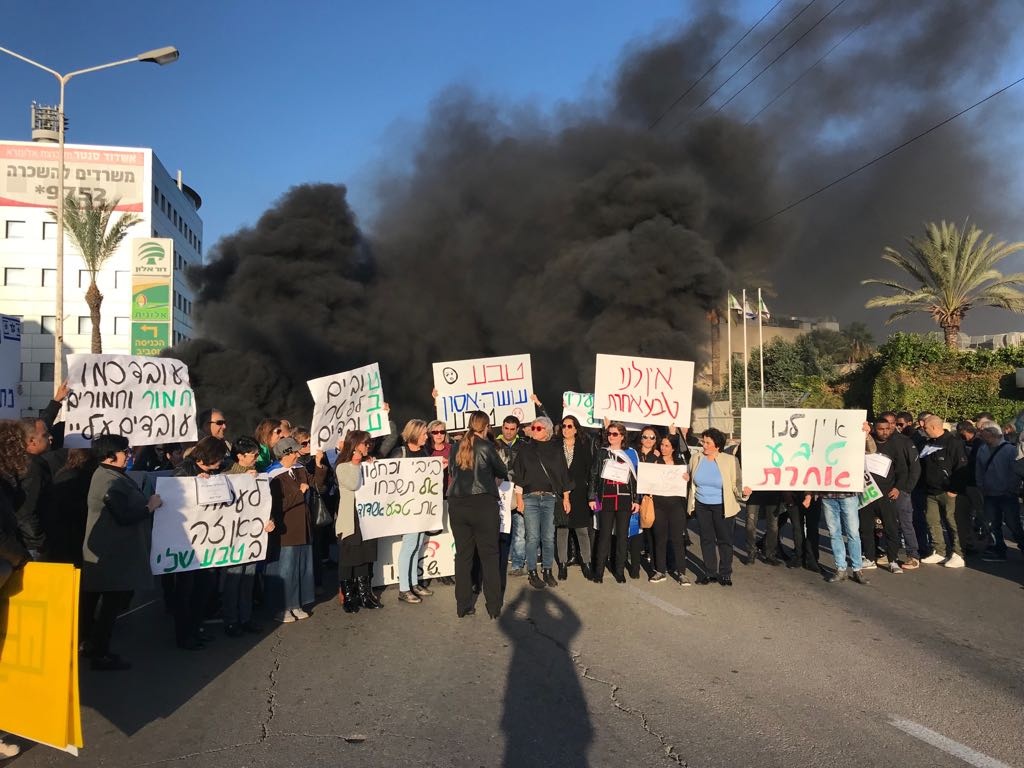19 December, 2017Teva, a leading Isreali-based generic drug producer recently announced a restructuring plan that will cause 14,000 job losses out of 55,000 worldwide. Teva workers in every corner of the world are outraged.
Teva has been in a crisis with a huge debt after its unsuccessful US$40 billion acquisition of rival company Allergan.
The restructuring will negatively impact around 1,700 jobs in different locations in Israel, meaning that more or less one-quarter of the Teva workforce in the country will soon disappear. This also includes the plant in Jerusalem where 320 workers will face redundancies next year and other 500 workers will be laid off in 2019 upon the plant’s closure. Teva workers are members of the Food and Pharmaceutical Union, part of Israeli Labor Federation Histadrut.
Mass job losses at Teva triggered a general strike in Israel by Histadrut on 17 December. The strike took place, among others in government offices, municipalities, the Knesset, Israel Airport Autonomy, Israel tax authority, stock exchange, sea ports, Israel Electric Corporation, hospitals, universities, museums, credit card companies, insurance companies, cellular phone companies, hi-tech and internet companies, transportation companies, banks and more.
Before and during the general strike, numerous protests were organized by Teva workers both inside and outside the company. All the activities in TEVA sites were stopped and demonstrations took place in front of the company sites in several cities in Israel.
Job losses at Teva are a huge social and political problem in Israel affecting many families. All the media outlets cover reports about demonstrations and actions taken by Teva workers.
In an interview, Histadrut chairman, Avi Nissenkoren said:
"The solidarity strike to save the Israeli industry sends a clear message. This is a difficult hour, but in the struggle for the social face of the State of Israel, we are all determined and united in the struggle for the benefit of TEVA employees and ensuring the future of the company in Israel.”
Valter Sanches, IndustriALL Global Union’s General Secretary said:
“Workers are not responsible for the current situation at Teva. However workers worldwide are forced to pay the bill over the wrong decisions taken by management. This is unfair and unacceptable. We congratulate Histradut with a successful wide-scale strike and express our solidarity with all Teva workers in this hard time.”
Earlier this year, IndustriALL Global Union’s Hungarian affiliate VDSz faced with similar situation when Teva announced plans to cut 500 employees in the Gödöllő production plant, which is scheduled to close down its production in mid-2018. The restructuring is not expected to affect the Debrecen and Csongrád plants, employing more than 2,000 people, and the company's commercial unit in Hungary.




